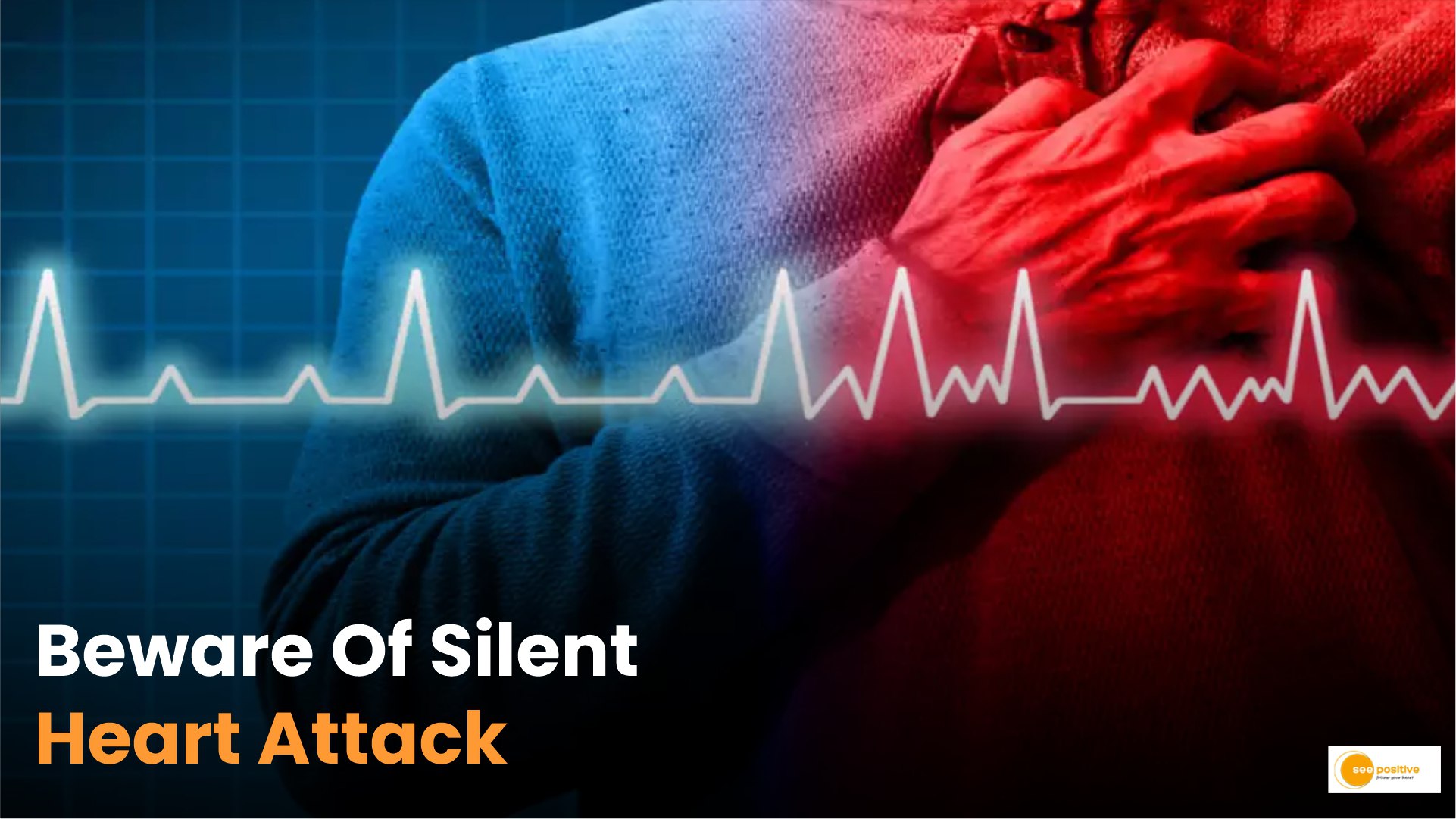Silent Heart Attack: A silent heart attack is a type of heart attack that lacks the usual, recognizable symptoms. Typically, heart attacks are marked by intense chest pain, breathlessness, or other clear signs that alert people to seek medical help. With a silent heart attack, the symptoms are much milder or barely noticeable, making it difficult to recognize the need for treatment. This subtlety can delay medical care, resulting in undetected heart damage that might only come to light later.
Why Silent Heart Attacks Are Different?
In a normal heart attack, symptoms tend to be severe enough that people often go to the hospital immediately. In contrast, a silent heart attack often goes unnoticed, meaning that individuals don’t get timely care, which can be harmful. Silent heart attacks are usually discovered incidentally, either during a routine check-up or when tests reveal heart damage.
Symptoms of a Silent Heart Attack?
Silent heart attacks come with subtle symptoms, which is why they’re often overlooked. Some of the possible signs include:
– Mild chest discomfort: This might feel like dull pressure or a slight tightness rather than intense pain.
– Unexplained fatigue: Feeling unusually tired for no apparent reason.
– Indigestion or nausea: Sometimes mistaken for stomach upset or acid reflux.
– Pain in other areas: There may be discomfort in the back, jaw, or arms, but it’s often less intense than in typical heart attacks.
– Shortness of breath: Mild difficulty breathing, especially after physical activity.
Are Silent Heart Attacks More Dangerous?
A silent heart attack can be as dangerous as a regular one, and sometimes even more so. Since people often don’t seek treatment right away, heart damage can remain undetected for a long time, which can weaken the heart over time. This increases the risk of future heart failure or a more severe heart attack. Studies show that those who experience silent heart attacks have a similar risk of heart complications as those who experience traditional ones.
Final Thoughts
Although silent heart attacks lack the dramatic symptoms of typical heart attacks, they are still serious medical events. Paying attention to subtle signs and scheduling regular checkups is essential, especially if you have risk factors like high blood pressure, high cholesterol, diabetes, or a family history of heart disease. Early detection can prevent long-term damage and help reduce the risk of future heart problems.


